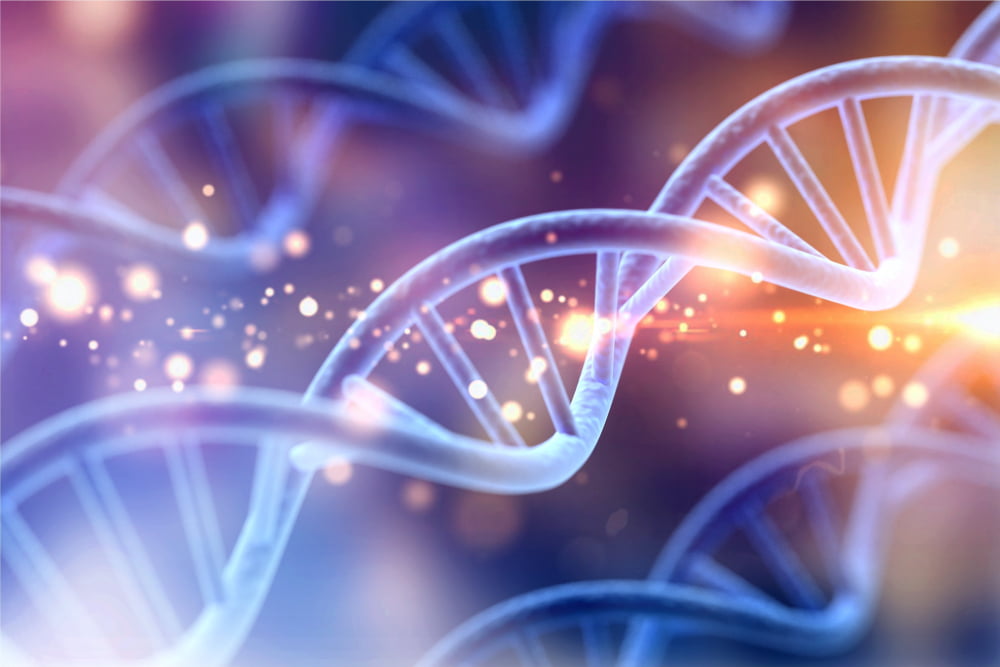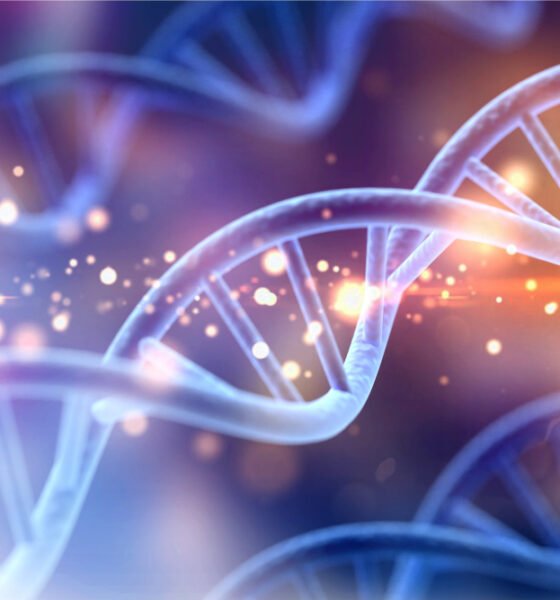

Features
Understanding the Role of DNA in Sustainabilty
We are all familiar with some of the many benefits of DNA. DNA can identify risk factors for illness, solve crimes and reconnect loved ones through genealogy sites. We even wrote about a major DNA sequencing project in the UK that got over 300 million pounds in funding. However, you may not have realized that DNA can also help with improving sustainability.
Keep reading to learn more about some of the ways that we can all help the planet by applying DNA technology.
DNA and Other Areas of Science Need to Be Applied to Improve Sustainability
Sustainability is crucial for a better future. Natural resources are essential for human survival and business. Ignoring sustainability can deplete these resources.
Sustainability is an important concept for students of all majors to learn about, not just environmental science. Business majors benefit from sustainability by attracting customers and fulfilling Corporate Social Responsibility. Agriculture, nutrition, and public health students need sustainability to feed a growing population. Education majors teach sustainability to the next generation.
Every major has a connection to sustainability. It’s important to support businesses that incorporate sustainability, like Pearson’s 2020 Sustainability Plan. Consumers have the power to make a difference. It’s our duty to improve the world.
If you want to really appreciate the potential to help the planet through sustainability, then you will want to make sure that you know about the different ways that other facets of science can help. One area of science that is worth exploring to promote sustainability is the use of DNA.
The next section will give you an overview of DNA. After that, we will go into greater detail about the ways DNA can be used to make our lives eco-friendlier.
Understanding What DNA Says About Our Bodies
Every human being has its own distinct and unique DNA, similar to a fingerprint. There are 50 trillion trillion trillion DNA base pairs in the world that contain the information which makes us who we are. With this individuality comes a sense of identity— as if every one of us possesses our very own special code!
But what does our DNA actually tell us about ourselves? Understanding how genetic information affects our bodies is one way to get closer to unlocking the secrets of life, health, and disease. In this blog post, we’ll dive into the world of genetics and explore how DNA shapes our lives. So grab your lab coat – let’s start learning!
What Is DNA and How Does It Impact Our Bodies and Health
DNA, or deoxyribonucleic acid, is the foundation of life. It carries out a cell’s genetic code and affects every single characteristic from our physical appearance to our likelihood of contracting illnesses. Each one of us has an individualized set in all cells throughout the body that defines who we are.
Our genetic code is in charge of the proteins that are responsible for our characteristics, including hair type, eye color, and height. Yet DNA does more than just define how we look. It can also control our health.
If you wish to get up close and personal with your genetic makeup, reach out to a certified spatial transcriptomics lab for dependable results of exceptional quality. Unraveling our DNA can be an insightful and beneficial journey, as it helps us recognize any potential health risks in advance so that we may take the necessary preemptive measures to safeguard a brighter tomorrow.
The Different Strands of DNA and What They Tell Us About Our Ancestry
Each individual carries unique DNA strands that trace back to their ancestors. Researchers have discovered various strands within DNA that reveal the different genetic traits passed down through generations. These DNA strands provide a window into our past, tracing our lineage back thousands of years.
What Genes Are Responsible for Common Illnesses and Disorders
The world of genetics is captivating and intricate; scientists have identified numerous genes that are linked to prevalent illnesses and diseases, such as diabetes, heart disease, and cancer. For example, BRCA1 and BRCA2 correlate with breast cancer while mutations in the CFTR gene may be responsible for cystic fibrosis.
Understanding the genetic basis of these diseases can potentially lead to better treatments and prevention strategies. However, it’s important to note that genetics is only one piece of the puzzle when it comes to health. Lifestyle factors, environmental exposures, and other genetic interactions also play important roles in determining one’s risk for illness. Still, genetic studies are leading us down the path toward a brighter, more personalized future of medical care.
How Genetic Testing Works and When Should It Be Used?
Genetic testing is a remarkable tool, permitting us to comprehend our genes and the part they play in keeping us healthy. In clear terms, this practice entails scrutinizing an individual’s DNA to look for any genetic distinctions or mutations that may be accountable for their health concerns. With modern advances, it is now possible to get essential insights into how diseases might affect our lives based on the results of these tests.
Genetic testing can be incredibly helpful in guiding medical treatment and empowering people to make informed decisions about their health, yet it should only be used when there is a valid medical reason. Through this assistance, individuals and healthcare providers alike will have access to more accurate information that benefits everyone involved.
Benefits of Understanding Your Own Personal Genetic Makeup
In today’s world, having access to your personal genetic makeup has become a reality. Understanding your own genetic code can offer many benefits, as it can reveal insights about your health and ancestry, and even inform you about your lifestyle choices.
By analyzing your DNA, healthcare professionals can create personalized healthcare plans that cater to your specific needs. Additionally, understanding your genetic makeup can help you make informed decisions about your diet, exercise routine, and even your career path. Overall, gaining insights into your genetic makeup can offer a greater understanding of who you are, empowering you to lead a healthier and more fulfilling life.
But How Can DNA Help with Sustainability?
There are a few ways that learning more about DNA can help with sustainability. Here are a few.
Genetic Engineering to Have a Lower Carbon Footprint
One of the most important ways that DNA can help with sustainability is through genetic engineering. Some people have explored the possibility of genetically engineering humans to be smaller in the future, so they can consume fewer natural resources and therefore have a lower carbon footprint.
We can also use genetic engineering to create new species to help with some of the environmental challenges we are facing. For example, some scientists are thinking about using genetic engineering to terraform areas that have been wrecked by climate change and to create new plants that can produce oxygen more efficiently and remove more CO2 from the atmosphere.
DNA Can Be Used to Create Eco-Friendly Plastics
There are growing concerns about the plastic waste problem impacting us. We mentioned that plastic recycling is more important than ever. However, it is also important to create eco-friendlier plastics.
We have recently heard about new ways to use DNA to create environmentally friendly plastics. A little over a year ago, scientists in China made a major breakthrough in creating DNA-based plastics.
Bottom Line
Understanding our DNA has opened up a wealth of knowledge about ourselves, from our family history to our predisposition to certain diseases. Through sequencing and analyzing our DNA, we can gain insight into the origins of genetic conditions, how our bodies respond to medications, and even predict how we may look in the future. By leveraging our genes, we can make decisions that will help us live longer and healthier lives. With continuous advances in technology, research into the structure of DNA will offer us a greater understanding of ourselves than ever before.


 Features11 months ago
Features11 months agoEco-Friendly Cryptocurrencies: Sustainable Investment Choices

 Energy11 months ago
Energy11 months agoThe Growing Role of Solar Panels in Ireland’s Energy Future

 Energy10 months ago
Energy10 months agoGrowth of Solar Power in Dublin: A Sustainable Revolution

 Energy10 months ago
Energy10 months agoRenewable Energy Adoption Can Combat Climate Change




























